
At the turn of the 20th century the basics of epidemiology, vaccine development, infection control and aseptic techniques were incorporated into scientific endeavour and medical practice. However, nobody had yet coined the term ‘superspreader’ or referred to large gatherings as ‘super-spreader’ events. Infection control and quarantine measures relied on observing certain signs and symptoms of illness and isolating sufferers from those who were healthy, and there was no recognition that certain people could be carriers of disease without displaying any of the usual manifestations of infection.
Such asymptomatic carriers were responsible for unknowingly transmitting disease among their families, communities and further afield. The most famous of these super-spreaders was an Irish cook named Mary Mallon, who as a carrier of typhoid (also known as enteric fever), became widely known as Typhoid Mary. Working for wealthy families in an affluent area of New York, Mary’s most popular dish was a serving of peach ice cream, but standards of kitchen hygiene were lax and her signature dessert rapidly spread typhoid wherever she went.
Since the disease was more usually associated with poor sanitation and contaminated water in New York’s deprived areas, doctors began to look for other causes of transmission. One family went a step further and employed a sanitation engineer named George Soper to investigate the issue. Eventually a pattern of infection was established which implicated Mallon. This feisty cook, however, was unconvinced of her super-spreader status.
This story is from the {{IssueName}} edition of {{MagazineName}}.
Start your 7-day Magzter GOLD free trial to access thousands of curated premium stories, and 9,000+ magazines and newspapers.
Already a subscriber ? Sign In
This story is from the {{IssueName}} edition of {{MagazineName}}.
Start your 7-day Magzter GOLD free trial to access thousands of curated premium stories, and 9,000+ magazines and newspapers.
Already a subscriber? Sign In
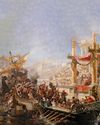
NAUMACHIA TRUTH BEHIND ROME'S GLADIATOR SEA BATTLES
In their quest for evermore novel and bloody entertainment, the Romans staged enormous naval fights on artificial lakes
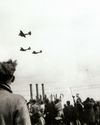
OPERATION MANNA
In late April 1945, millions of Dutch civilians were starving as Nazi retribution for the failed Operation Market Garden cut off supplies. eet as In response, Allied bombers launched a risky mission to air-drop food
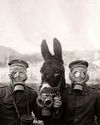
GASSING HITLER
Just a month before the end of WWI, the future Fuhrer was blinded by a British shell and invalided away from the frontline. Over a century later, has the artillery brigade that launched the fateful attack finally been identified?
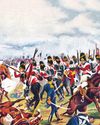
SALAMANCA
After years of largely defensive campaigning, Lieutenant General Arthur Wellesley went on the offensive against a French invasion of Andalusia
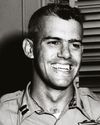
HUMBERT 'ROCKY'VERSACE
Early in the Vietnam War, a dedicated US Special Forces officer defied his merciless Viet Cong captors and inspired his fellow POWs to survive
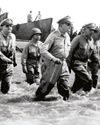
LEYTE 1944 SINKING THE RISING SUN
One of the more difficult island campaigns in WWII's Pacific Theatre saw a brutal months-long fight that exhausted Japan’s military strength
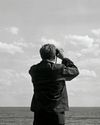
MAD DAWN
How technology transformed strategic thinking and military doctrine from the Cold War to the current day
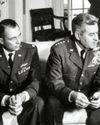
BRUSHES WITH ARMAGEDDON
Humanity came close to self-annihilation with the Cuban Missile Crisis, Broken Arrows’ and other nuclear near misses
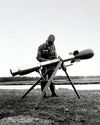
THE DEADLY RACE
How the road to peace led to an arms contest between the USA and USSR, with prototypes, proliferation and the world’s biggest bomb
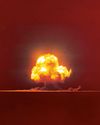
THE MANHATTAN PROJECT
Einstein, Oppenheimer and the race to beat Hitler to the bomb. How a science project in the desert helped win a war